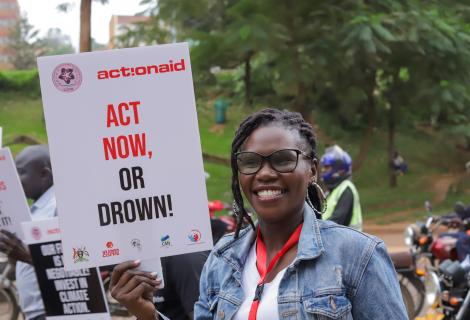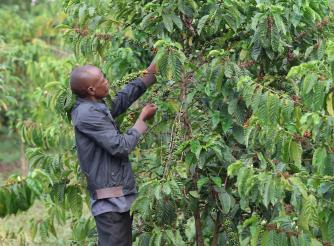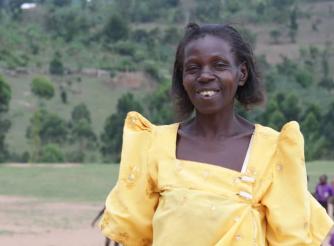Defunding industrial agriculture in favour of sustainable alternatives like agroecology is key in the fight against the climate crisis and food insecurity.

Even the most ardent climate change denialists would have been stumped by the extraordinary weather patterns across Uganda and other African countries over the past few months. A recent trip from Kampala to Katakwi brought me face to face with the harsh realities of climate change. Seeing floods sweep away roads and hear of a child drown, left me in a pensive mood. Unless decisive climate action is taken, history will judge our generation harshly for neglecting a just cause for climate justice.
Globally, droughts, heatwaves, wildfires, flooding, and hurricanes continue to hit at an unprecedented scale leaving a trail of destruction. As expected, the most affected are the poor, especially in the Global South, who contribute the least to greenhouse gas emissions (GHG).
The United Nations has warned that the years 2023 to 2027 will be the warmest five-year period ever recorded. The time to act is now.
The discourse on factors fuelling the climate crisis has mostly focused on fossil fuels, as the largest contributor of greenhouse gasses. Meanwhile, the role of industrial agriculture has somehow managed to fly under the climate radar.
Many people assume that industrial agriculture is the solution to food insecurity. But, it is worsening climate change and causing widespread destruction of natural ecosystems, threatening livelihoods, and contributing to severe health risks.
There is a need to tackle the climate crises head-on, addressing the root causes of fossil fuels and harmful agribusiness that are fuelling power imbalances, and oppression of the poor.
Pressure is required for fossil fuel and industrial agriculture corporations to stop wreaking harm, and for governments to update energy, agriculture, and climate policies to constrain these destructive actors. But we also know that money talks.
A new research by ActionAid, titled “How the finance flows: The banks fuelling the climate crisis” noted that since the Paris Agreement was signed in 2016, the world’s biggest banks have provided US$370 billion to industrial agricultural activities in the Global South. In the same timeframe, a further US$3.7 trillion has funded fossil fuel activities in the Global South. This is 20 times more financing to fossil fuels and agribusiness activities in the Global South than Global North governments have provided as climate finance to address issues of loss and damage, adaptation, and mitigation.
The time has come for communities on the front lines of the climate crisis to hold banks to account for the decisions made in their distant boardrooms. The world’s money flows must move away from funding the biggest drivers of the climate crisis and destruction and move towards funding the future of our planet. It is time for governments to ramp up support for real and sustainable solutions such as agroecology.
By Andrew Onapito
Communication Officer
ActionAid International Uganda


